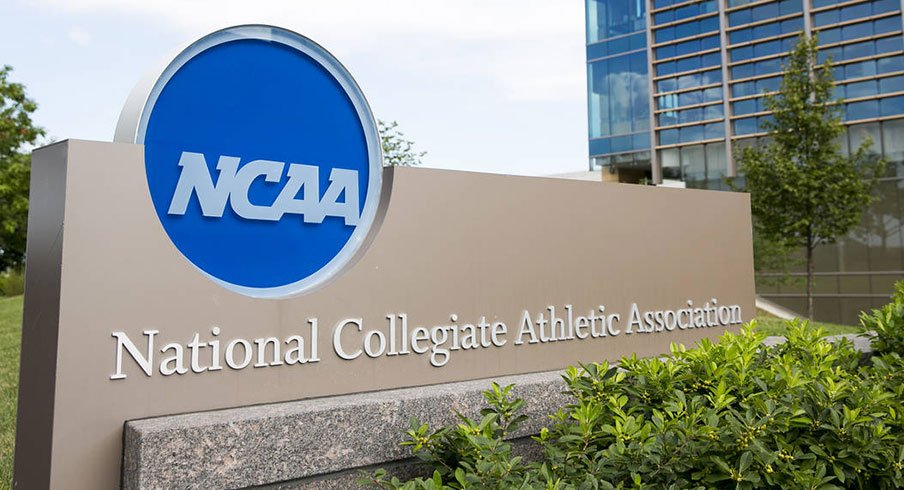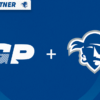NIL Landscape: From an Athletics Compliance Perspective
“My biggest concern as an attorney and working in compliance is the liability concerns. Student-athletes have to be aware..”
After spending her fair share of time as a student-athlete herself, Lisa Scott currently works as the Assistant Director of Compliance at Northwestern. Scott played volleyball at the University of Maryland and Ball State University before attending law school at Southern Illinois. Scott worked as an attorney and Assistant Director of Compliance at Purdue before making the move to Northwestern.
Scott shared her expertise due to her work in the field of compliance and her background as an attorney about the topic of new legislation regarding Name, Image and Likeness in the NCAA.

“July 1: State laws are scheduled to begin to go into effect. Athletes who attend school in Alabama, Florida, Georgia, Mississippi, New Mexico and Texas would be able to start accepting endorsement deals on this date. The NCAA might file a lawsuit against the states before July 1 and ask a judge for an injunction that, if granted, could postpone the law’s enactment.” See ESPN Article
What is Name, Image and Likeness aka NIL?
According to the NCAA, Name, Image and Likeness refers to “an individual’s ability to capitalize on their publicity and be compensated through third-party endorsements.”
“Basically, student-athletes will be able to profit off of their own name, image, and likeness. They will be able to enter into contracts or different agreements with commercial entities in order to promote their commercial product or service,” said Scott. “Think endorsements, but mostly I think it will be in the space of social media and endorsements over social media.”
The reason that this is a big deal in the College athletics world is because of the legislation protecting student-athletes from losing eligibility by profiting off of their NIL.
“I can speak directly to Illinois legislation that is soon to be signed, but universities, as well as the NCAA or any other athletic organization, will not be able to declare a student-athlete ineligible and prohibit them from competing because they have entered into an agreement with a commercial entity to use their NIL to promote that service,” said Scott.
State-by-State Legislation
Currently, there is no national bill or official NCAA legislation, so each state is operating on state-by-state legislation. This means that within a conference such as the Big Ten, universities in different states but in the same conference will be affected differently.
“That’s why we are pushing for Congress to make a national bill about it because there will be conflicts between the state of Illinois and say Michigan despite being in the same conference,” said Scott. “How all the different states will fit together will be unique. It is unknown if the NCAA will come out with legislation and if they do, who do you follow? What is the penalty if you don’t follow a statewide bill versus not following the NCAA? Who takes priority in that?”
All of these questions mentioned by Scott are all unknowns in the world of NIL right now.
So far, the governors of 19 states have signed NIL bills into law which will include some of them going into effect on July 1. Four more states have passed bills awaiting signatures while other states are in the process of introducing bills still.
“What is pushing forward right now is state legislation with a majority of them having July 1 start dates. In Illinois that is what we are going with,” said Scott. “Assuming the governor signs it, that is what we have to abide by.”

Susan Walsh/Associated Press
How will this affect recruiting?
Whenever any new legislation is passed regarding student-athletes, this question must be asked. How will this affect recruiting?
“I would be naïve to say that different NIL bills would not impact recruiting, but I would need to see what the range is,” said Scott. “How far away are some states than others as far as their regulations?”
Scott explained how different states allow universities in their state to limit the types of companies that student-athletes work with if it goes against the values and the mission of the university. For example, they can prohibit student-athletes from endorsing tobacco or cannabis or other things that may not morally be in line with the university.
“Suppose one state does not have a provision like that, but another one does, then you could potentially have student-athletes choosing to go somewhere else because of that provision,” said Scott.

Scott believes that the Olympic sport athletes at Northwestern will be impacted largely by this new legislation.
How will Northwestern Student-Athletes be affected?
In a big city such as Chicago, opportunities seem limitless. Scott believes that Northwestern student-athletes in many different sports have a big market of opportunities ahead of them in the future.
“I think that Northwestern student-athletes will definitely be able to utilize this opportunity to have endorsements and do different things using their NIL to make money,” said Scott. “I don’t think that everyone is going to be making 10 grand immediately. I do think it will be on a smaller scale than some people might anticipate but at least the option is out there, and student-athletes can take advantage of that.”
Scott believes that the Olympic sport athletes at Northwestern will be impacted largely by this new legislation.
“I feel like people always want to say yes, this will affect football and basketball but only them. I really believe this will have the most impact, especially at a school like Northwestern, on our Olympic sport athletes such as volleyball,” said Scott. “Some of our volleyball student-athletes have huge followings on social media and our volleyball team’s social media footprint is actually exponentially larger than our football team’s social media footprint.”
Potential downfalls and liability concerns
Despite the multitude of opportunities arising for student-athletes due to this new legislation, there is a variety of potential downfalls and liability concerns that fall behind the scenes.
“My biggest concern as an attorney and working in compliance is the liability concerns. Student-athletes have to be aware of that so that they do not get caught up in a situation where they are being sued or have a huge tax bill that they do not know how to pay,” said Scott.
One example of how student-athletes may be at fault is if they decide to run a camp and advertise for them on their own.
“Well then they need insurance because people can get hurt at your camps and you don’t want to be in a situation where you are personally held liable for an injury or some type of negligence of another employee,” said Scott.
The potential for liability concerns needs to be at the front of the minds of any student-athlete who plans to take advantage of the new NIL legislation.
“There is a lot that goes into it in order to protect yourself. This will take a lot of organization that I am concerned student-athletes might skip out on because they are not interested due to maturity perspective of not really understanding it,” said Scott. “Not every student-athlete will be able to afford an agent or have parents who are attorneys or in business who can help them get set up. I just don’t want to see any student-athlete put in a bad position personally because of a deal they made.”
Scott recommends that student-athletes who plan to gain endorsements or go into contracts with commercial businesses should find and research potential resources at their institution for education on the topic.
“Although we are not allowed to have a lot of influence on whom they choose to work with or associate with, we can educate them and provide them with resources so that they can critically evaluate the agreements that they are looking at entering into and look at it holistically instead of just looking at getting free merchandise or a certain payment,” said Scott.
About Game Plan
Game Plan’s comprehensive software platform integrates mobile-first eLearning as well as virtual mentorship and career services, uniquely designed for athletic organizations. Game Plan has over 300 athletic organizations with over 240,000 courses completed yearly. Our eLearning courses provide student-athletes ultimate access and flexibility while equipping both athletics departments and the conference office management tools and insight to ensure outstanding experiences and outcomes. To learn more about Game Plan, please visit gameplanworks.wpengine.com.
By : Elena ShklyarGame Plan Intern








